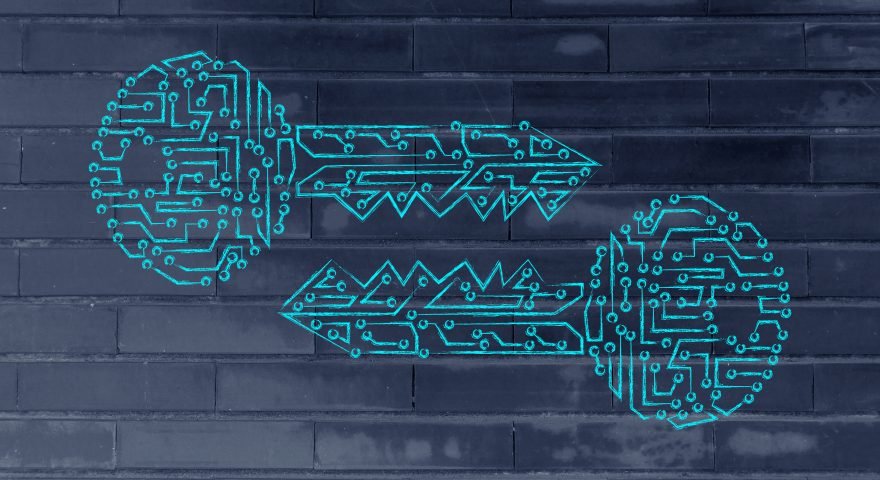Your Private Keys Are Gone? What to Do Not to Lose Everything

Losing money is a traumatic experience. It doesn’t matter the amount. Money is money and lost cash means lost value, you forgo an opportunity to save up or spend. As the world becomes more and more digital, we must realize that more people will switch over to digital alternatives. Cryptocurrencies is no doubt a better option. However, as much as they are global and bear other attractive properties like security and censorship resistance, proof of ownership lies on the holder of the digital asset password.
Better known as private keys, wallet providers—cold or hot, always advise their clients to securely store these pass-phrases. These 12 and sometimes 24 pass phrases or keys are the only pass, confirmation of ownership. And as we have mentioned before, persons who misplace their private keys forever forfeit access to their coins. It could be calamitous because Bitcoin as an asset, a settlement layer is portended to be mainstream and simply from a supply—demand dynamics, the value of as single, proof of work product in Bitcoin is expected to soar to near highs. Analysts, with increasing adoption, see the asset testing the $50,000 mark in the near future while others are more ambitious projecting value to reach the $250k mark and later $1 million. We cannot discount any figure. Bitcoin and indeed the digital asset market are grossly undervalued, at nascent stage and proven without a doubt that their solutions are efficient.
Therefore, to avoid losing everything like what happened to that Welsh bloke, James Howells, who lost 7,500 Bitcoins after disposing an old hard drive containing the keys to his address, there are steps to avoid being dismayed as prices soar to new highs.
Don’t lose sight of the fact that all you need are 12 pass phrases to get access and control of your jewels. Just that—12. There is no insurance, help desk or bank to turn to incase they are gone. Good thing is, no else without these 12 seeds generating your public address and recovering your wallet can access them once lost. Here’s are some precautions and/or steps that you might take should you lose your private keys.
Private Keys Recovery from Phone
Well, there is some hope. But it is on limited cases and that is assuming you did store your Bitcoin on lost mobile phone hot wallet—a web-based wallet AND have control of the registering email address AND remember part or all of password to the wallet. Here there is optimism because you may recover the password. Simply head over to the homepage and click on forget password button—assuming you remember your wallet id or user name—depending on service.
Otherwise, the normal course of action to avoid lose or frustration is to do as follows:
Back-Up Your Pass Phrase and Often Check on Them
There you go. We are not going to get tired of this. You are a crypto enthusiast, there will come a time when you will need to spend your coins—anytime, anywhere. This demands control and that’s why you need to back-up your wallet’s pass phrases. It will give you the ability to recreate as many wallets as possible from any BIP-39 supporting wallet.
If you are yet to back up your wallet, please do it now. Write it on paper. Store it away from the reach of people, weather elements and fire. Once again, we remind you, losing your 12, 14, 18 or 24 pass phrases means you won’t recover your element.
After that, you can keep on checking these back-ups. Make sure they are legible if you wrote them on a piece of paper. Make sure storage locations are secure and then again, they are free from sunlight, rain and other destructive elements as discussed. Best approach is to set up a reminder allowing you to satisfactorily check these on a quarterly, semi-annually or yearly basis.
Go Multisig, secure your coins
Evidently, it is increasingly becoming easier to acquire your first bitcoins or any other crypto asset. As a digital asset, you must stay awoke. Learn all the basic details and after that, store your coins securely. The challenge is not acquisition. It is storage and a reasonable option is to consider the multi-signature approach.
Most wallets bank on a single signature—that is a single private key for verifying transactions and confirming full ownership. This Approach is convenient but risky—as we have come to learn from QuadrigaCX imbroglio. Typical multi-signature wallets require M and N signatures.
For example, you can configure a Bitcoin multi-sig wallet to have five signatures but three of the five can verify and approve transactions. Multi-sig wallets are proven vaults for recovering assets if one signee losses his or her signing keys.
In Conclusion,
We are in the early stages of a revolution and Bitcoin OX is a reliable wallet ahead of the pack. It is perfectly designed for crypto investors, is secure and has a lot of functional features that doesn’t expose assets to risk.
![]()